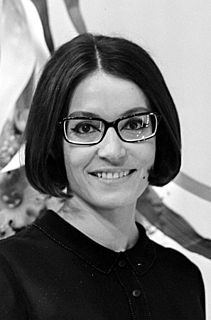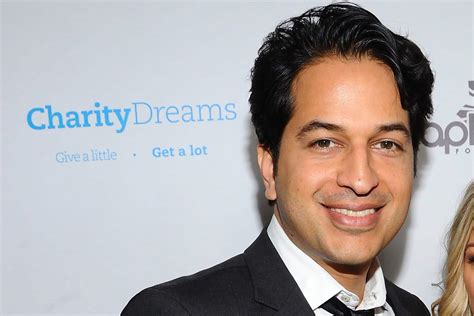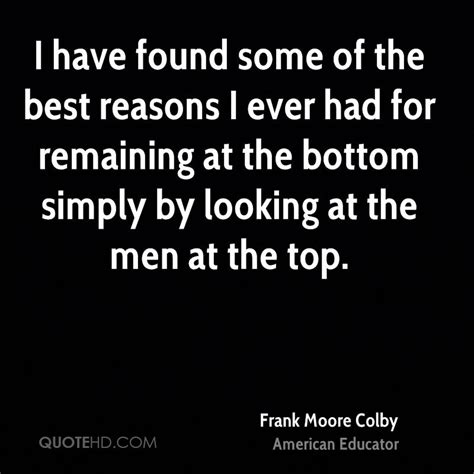A Quote by Nana Mouskouri
When I heard his first songs, Dylan was answering certain questions that I had all my life been asking myself.
Related Quotes
In general, questions are fine; you can always seize upon the parts of them that interest you and concentrate on answering those. And one has to remember when answering questions that asking questions isn't easy either, and for someone who's quite shy to stand up in an audience to speak takes some courage.
My favorite Bob Dylan record is the very first one where he sings one Bob Dylan song and the rest of them are his interpretations of the Dust Bowl-era folk songs, or even going back as far as the mass influx of people coming into the U.S. during the gold rush. His interpretations of those songs are incredible.
It goes a long way back, some twenty years. All my life I had been looking for something, and everywhere I turned someone tried to tell me what it was. I accepted their answers too, though they were often in contradiction and even self-contradictory. I was naive. I was looking for myself and asking everyone except myself questions which I, and only I, could answer. It took me a long time and much painful boomeranging of my expectations to achieve a realization everyone else appears to have been born with: That I am nobody but myself. But first I had to discover that I am an invisible man!
I'm also a big Bob Dylan fan. The songs on The Freewheelin' Bob Dylan - which is one of his best early albums - they grow out of some of his difficulties with Suze Rotolo, and "Hard Rain," people say it had to do with the Cuban missile crisis - probably not. He denied it. I believe him, but it certainly had to do with the time.
If you don't put the spiritual and religious dimension into our political conversation, you won't be asking the really big and important question. If you don't bring in values and religion, you'll be asking superficial questions. What is life all about? What is our relationship to God? These are the important questions. What is our obligation to one another and community? If we don't ask those questions, the residual questions that we're asking aren't as interesting.
[Bob Dylan] is principally a recording artist, and if he weren't, it is unthinkable he would have had such an impact. He is to be heard first and read second. Well, what about plays, you could reasonably ask. Is [William] Shakespeare not great literature? Yes, obviously: but his work is great literature even to those who have never known it performed. The same is evidently not true of Dylan.




































